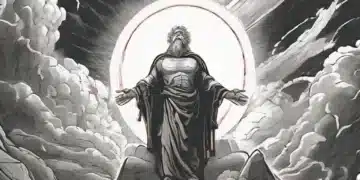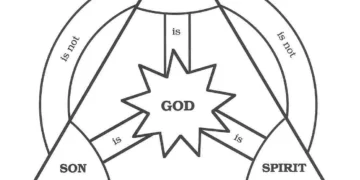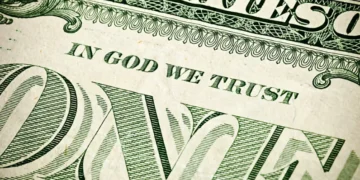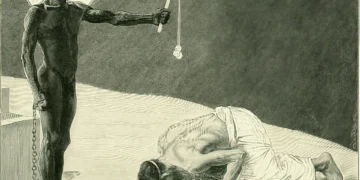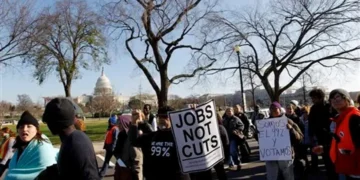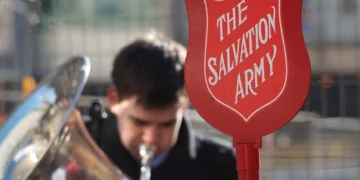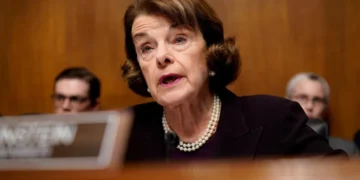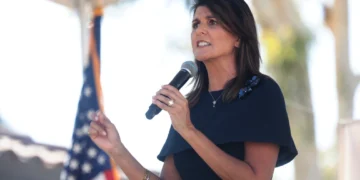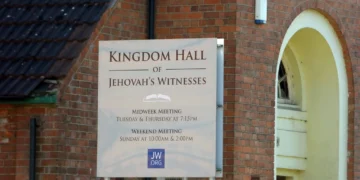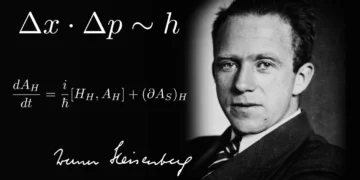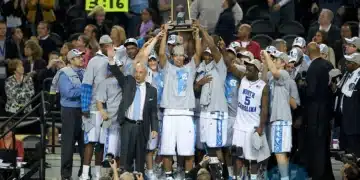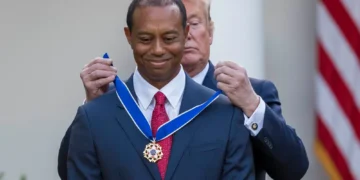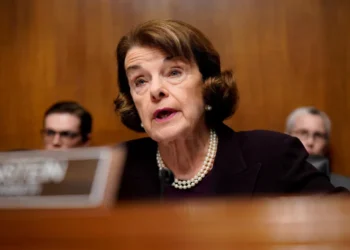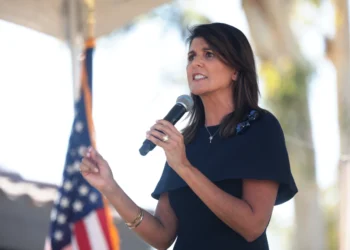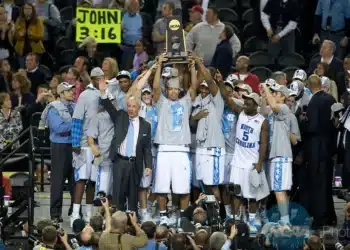The “Make America Great Again” (MAGA) movement emerged in the political landscape of the United States in 2016 as a slogan championed by then-presidential candidate Donald J. Trump. MAGA quickly gained popularity and became synonymous with a populist message that resonated with a significant portion of the American electorate. In this expository article, we will delve into the rise of MAGA, explore its current state, and speculate on the potential replacements that may emerge in the political landscape of the USA.
The Rise of MAGA
MAGA rose to prominence as a response to a perceived decline in American greatness, promising a restoration of traditional American values and the revival of industries that had suffered from globalization. This movement capitalized on the disillusionment felt by many Americans, particularly in rural communities and regions that had experienced economic decline.
MAGA’s core message resonated with a wide range of supporters who sought change. Trump’s populist approach touched on issues such as immigration, trade, and national security, presenting solutions that appealed to those who felt ignored by the political establishment. The movement’s compelling narrative fueled enthusiasm and facilitated a unifying force among its followers.
Evaluating the State of MAGA
Following Trump’s term in office, the question arises: is the future of MAGA in decline? It is essential to distinguish between the movement itself and its leader. While the fervor surrounding Trump remains strong among his supporters, the movement’s impact has slightly diminished in some aspects over time.
One factor that has shaped MAGA’s current state is the political climate. The polarization within the US society amplified during Trump’s tenure, and this divisiveness ultimately limited the movement’s reach beyond its core base. The impact of the movement has also faced challenges due to the COVID-19 pandemic, which shifted public focus towards healthcare and the economy, overshadowing some of the the future of MAGA agenda.
Potential Replacements
As MAGA’s influence wanes, it is worth considering what might fill the void it leaves in the political landscape of the USA. Here are a few potential replacements that could emerge:
Progressive Populism
The rise of progressive movements within the Democratic Party, such as the push for social justice, wealth equality, and climate action, suggests that a progressive form of populism could become a significant force. This approach could unite different segments of the population under a banner of inclusive change.
Moderation and Unity
In response to heightened polarization, a movement centered around moderation and unity might gain momentum. This approach would seek to bridge political divides and prioritize bipartisan collaboration, appealing to a broad range of voters who value compromise and cooperation.
Economic Revitalization
With the ongoing economic challenges, a movement focused on reviving and modernizing industries, creating jobs, and addressing income inequality could gain traction. This approach would prioritize economic reforms to improve the lives of everyday Americans, potentially appealing to both conservatives and progressives.
Civic Engagement and Reform
A movement centered around strengthening democracy, increasing civic participation, and reforming the political system could emerge. This approach would aim to address concerns about institutional corruption, campaign finance, and voting rights, seeking to empower citizens and restore faith in the democratic process.
Diminishing Influence
MAGA’s rise and its subsequent impact on American politics cannot be overlooked. Although its influence appears to have diminished to some extent, its legacy will undoubtedly continue to shape political discourse in the future of MAGA. As we explore potential replacements for the movement, it is essential to recognize that the political landscape is dynamic and subject to change. The future of American politics will likely be shaped by a combination of emerging ideologies, socio-economic factors, and the aspirations of the American people.











